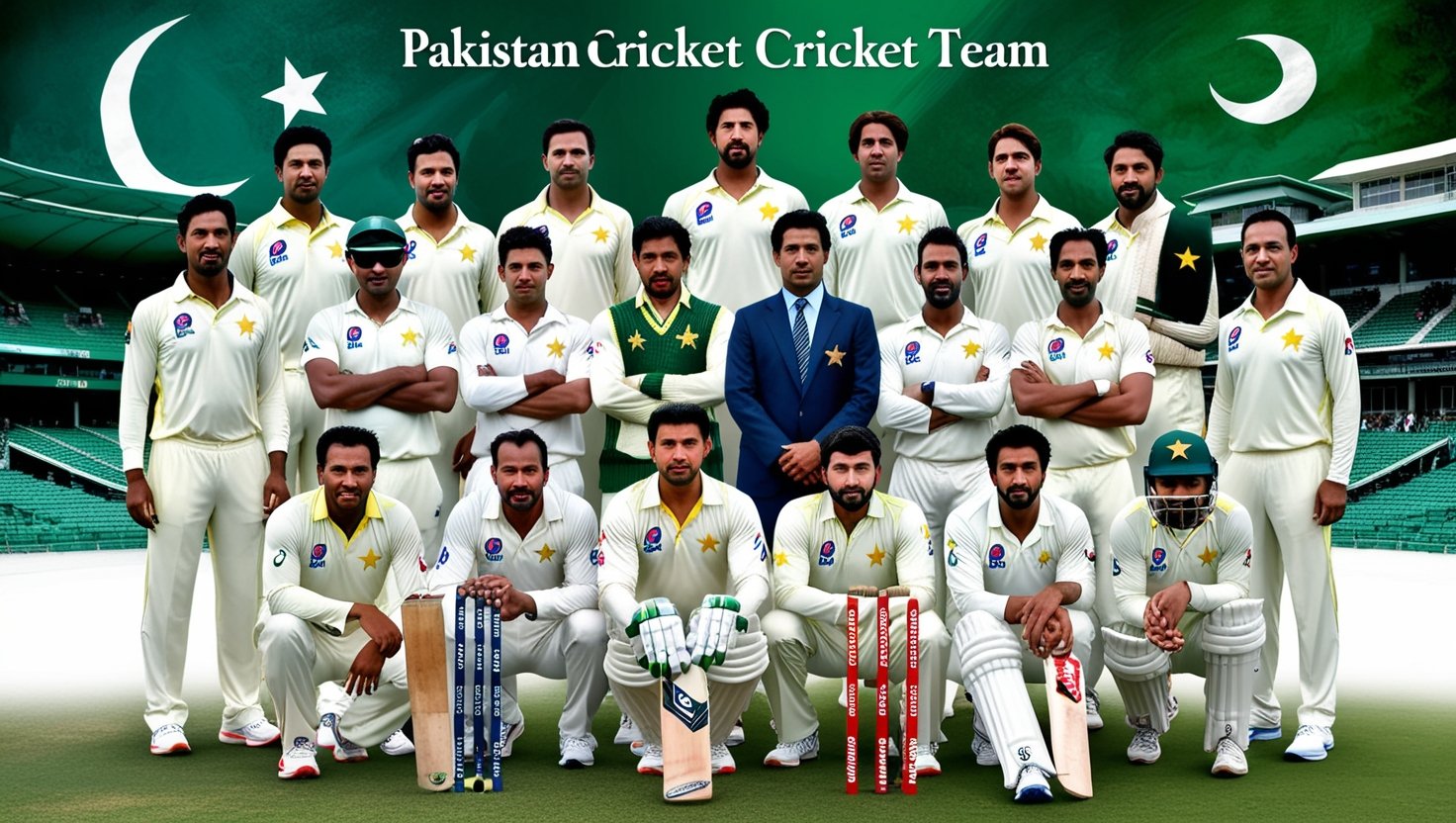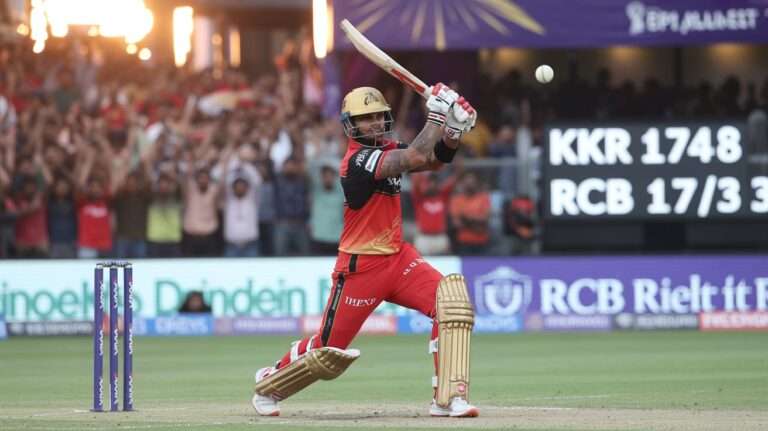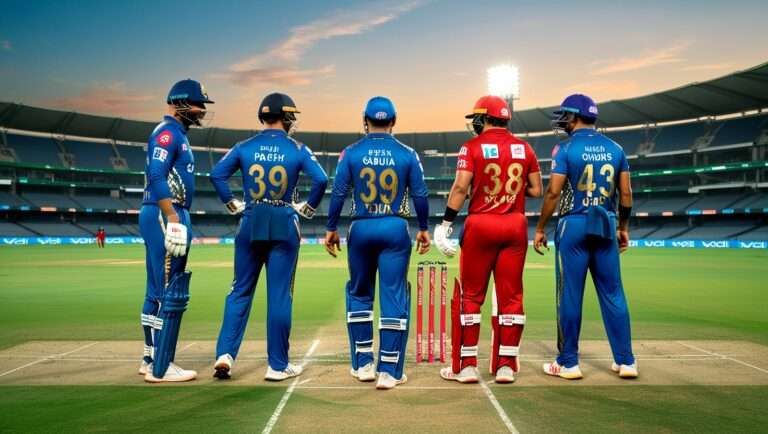
Pakistan Cricket Team
The Pakistan cricket team, fondly called the Men in Green, is a cornerstone of international cricket, known for its flair and unpredictability. Since their Test debut in 1952, they’ve carved a legacy with triumphs like the 1992 ODI World Cup and the 2009 T20 World Cup.
Led by legends like Imran Khan and modern stars like Babar Azam, the team embodies Pakistan’s passion for cricket. Despite facing controversies and challenges, their resilience shines through.
This article explores the team’s history, iconic players, recent performances, and ongoing challenges, offering a complete guide for cricket fans.
History of the Pakistan Cricket Team
The Pakistan cricket team began its international journey on October 16, 1952, facing India in Delhi. Although they lost their first Test, they won the second, signaling their potential. The 1960s and 1970s saw players like Hanif Mohammad and Fazal Mahmood lay the groundwork for future success.
These early years were tough, but they built a foundation for Pakistan’s cricketing identity. By the 1980s, the team emerged as a global force, thanks to strategic leadership and raw talent.
The 1980s and 1990s marked Pakistan’s golden era. Under Imran Khan’s captaincy, they won the 1992 World Cup in Australia, a defining moment.
Despite early losses and Imran’s injury, his “cornered tigers” speech inspired a remarkable comeback, defeating England in the final. This victory remains a pinnacle in Pakistan cricket history. The era also saw the rise of fast bowlers like Wasim Akram and Waqar Younis, who redefined pace bowling.
In the late 1990s, Pakistan reached the 1999 World Cup final but lost to Australia. This period, however, was tainted by match-fixing allegations, with players like Salim Malik facing bans. Despite setbacks, the team’s talent shone through.
The 2000s brought further success, including the 2009 T20 World Cup win, showcasing their adaptability in shorter formats.
Security concerns after the 2009 attack on the Sri Lankan team in Lahore halted international cricket in Pakistan for years. Nevertheless, the Pakistan Cricket Board (PCB) worked tirelessly to revive home games. Recent years have seen a resurgence, with players like Babar Azam leading the charge, though consistency remains a challenge.
Legendary Players of Pakistan Cricket
The Pakistan cricket team has produced some of cricket’s greatest talents. Below are key figures who’ve shaped its legacy.
Imran Khan
Imran Khan, a charismatic all-rounder, led Pakistan to the 1992 World Cup title. His fast bowling and aggressive batting were matched by his inspiring leadership. Khan’s ability to rally his team during tough times made him a national hero. Later, he transitioned into politics, becoming Pakistan’s Prime Minister, amplifying his influence beyond cricket.
Wasim Akram
Nicknamed the “Sultan of Swing,” Wasim Akram is considered one of the finest left-arm fast bowlers. His ability to swing the ball both ways baffled opponents. Akram’s contributions with the bat and his leadership in the 1990s solidified his legacy. He remains a role model for aspiring bowlers worldwide.
Waqar Younis
Waqar Younis, known for his devastating yorkers, formed a lethal partnership with Wasim Akram. His pace and swing made him a key player in Pakistan’s dominance during the 1990s. Waqar’s aggressive style and wicket-taking ability earned him global respect.
Javed Miandad
Javed Miandad, a batting maestro, scored over 8,000 Test runs and 7,000 ODI runs. His clutch performances, like the iconic six against India in 1986, defined his career. Miandad’s ability to thrive under pressure made him a cornerstone of Pakistan’s batting lineup.
Inzamam-ul-Haq
Inzamam-ul-Haq, or “Inzi,” was a prolific middle-order batsman. With over 8,000 Test runs and 11,000 ODI runs, he ranks among Pakistan’s top scorers. His calm demeanor and unorthodox strokeplay were vital during the 1990s and 2000s.
Younis Khan
Younis Khan holds the record for Pakistan’s most Test runs, surpassing 10,000. His consistency and ability to perform in high-stakes matches made him a fan favorite. Younis also captained Pakistan to key victories, including the 2009 T20 World Cup.
Misbah-ul-Haq
Misbah-ul-Haq’s steady leadership guided Pakistan to the top Test ranking in 2016. His calm approach and crucial performances, especially in the 2017 Champions Trophy, earned him the nickname “Misbah the Messiah.” He remains a respected figure in Pakistan cricket.
Shahid Afridi
Shahid Afridi, a dynamic all-rounder, was known for his explosive batting and leg-spin bowling. His record-breaking fastest ODI century and key role in the 2009 T20 World Cup made him a global star. Afridi’s flair continues to inspire young cricketers.
Babar Azam
Babar Azam is Pakistan’s modern batting icon. His elegant strokeplay and consistency across formats have drawn comparisons to cricketing greats. As a former captain, Babar continues to lead Pakistan’s batting with record-breaking performances.
Mohammad Rizwan
Mohammad Rizwan, a reliable wicketkeeper-batsman, has become indispensable in limited-overs cricket. His ability to anchor innings and accelerate when needed has boosted Pakistan’s T20 and ODI performances. Rizwan’s leadership in white-ball formats is promising.
Shaheen Shah Afridi
Shaheen Shah Afridi, a young fast bowler, has taken over 100 international wickets with his pace and swing. His performances in major tournaments highlight his potential as Pakistan’s next great bowler, continuing the legacy of Akram and Younis.
Recent Developments and Current Squad
As of May 2025, the Pakistan cricket team is navigating a transitional phase. Shan Masood leads the Test side, while Mohammad Rizwan captains in ODIs and T20Is, following Babar Azam’s resignation after the 2023 ODI World Cup.
The squad blends experience with youth, featuring Babar Azam, Fakhar Zaman, Imam-ul-Haq, Shaheen Shah Afridi, Naseem Shah, Haris Rauf, Shadab Khan, and Mohammad Nawaz.
Recent performances have been inconsistent. The 2017 Champions Trophy victory was a high point, but the team struggled in the 2023 ODI World Cup, missing the semi-finals. In T20 cricket, they reached the 2022 T20 World Cup final, losing to England. The ongoing 2023-25 World Test Championship is a critical focus for the team.
The PCB has worked to restore international cricket in Pakistan, with teams like Sri Lanka and West Indies touring recently. Emerging talents like Saim Ayub and Aamer Jamal add depth, but the team must address consistency to compete with top nations.
Performance Across Formats
The Pakistan cricket team’s performance varies across formats, reflecting their strengths and challenges.
Test Cricket
Pakistan’s Test win percentage is around 32.65%. They’ve secured notable series wins against England, Australia, and South Africa. However, inconsistency has been a hurdle, with periods of brilliance often followed by struggles. The current World Test Championship cycle is a chance to solidify their standing.
ODI Cricket
With a 54.31% win rate, Pakistan excels in ODIs. Their 1992 World Cup win and multiple semi-final appearances highlight their prowess. Recent tournaments, however, have exposed batting vulnerabilities, prompting leadership changes to boost performance.
T20I Cricket
Pakistan’s T20I win rate of 60.09% is impressive. They won the 2007 and 2009 T20 World Cups and reached the 2022 final. Their strong batting and versatile bowling make them a T20 powerhouse, though maintaining consistency remains key.
| Format | Win Percentage | Major Achievements |
| Test | 32.65% | Series wins vs. England, Australia |
| ODI | 54.31% | 1992 World Cup, 2017 Champions Trophy |
| T20I | 60.09% | 2007, 2009 T20 World Cups, 2022 Final |
Controversies and Challenges
The Pakistan cricket team has faced significant controversies. Match-fixing scandals in the 1990s and 2000s, involving players like Salim Malik, damaged their reputation. Wasim Akram and Waqar Younis faced scrutiny but continued their careers. These incidents led to stricter anti-corruption measures.
Security issues, particularly the 2009 attack on the Sri Lankan team in Lahore, halted international cricket in Pakistan for nearly a decade. The PCB’s efforts have since restored home games, but the impact lingered. Internal politics and frequent changes in coaching and captaincy have also disrupted team stability.
Despite these challenges, the team’s talent and fan support keep them competitive. Addressing consistency and governance issues will be crucial for future success.
FAQs About the Pakistan Cricket Team
Q1: When did Pakistan win their first World Cup?
A1: Pakistan won their first ODI World Cup in 1992, defeating England in the final under Imran Khan’s leadership.
Q2: Who is Pakistan’s highest Test run-scorer?
A2: Younis Khan holds the record with over 10,000 Test runs for Pakistan.
Q3: Who is Pakistan’s greatest fast bowler?
A3: Wasim Akram is widely regarded as Pakistan’s greatest fast bowler, known for his swing and versatility.
Q4: Has Pakistan hosted a World Cup?
A4: Pakistan co-hosted the 1987 and 1996 ODI World Cups with India and Sri Lanka, but security concerns have limited hosting since.
Q5: Who captains the Pakistan cricket team in 2025?
A5: As of May 2025, Shan Masood captains in Tests, and Mohammad Rizwan leads in ODIs and T20Is.
Conclusion
The Pakistan cricket team’s journey is a tale of triumphs, challenges, and resilience. From Imran Khan’s 1992 World Cup heroics to Babar Azam’s modern-day brilliance, they’ve produced cricketing icons who inspire millions.
Despite controversies like match-fixing and security issues, the Men in Green remain a force in global cricket. Their passionate fanbase and unpredictable style make every match a spectacle. As they navigate leadership changes and aim for consistency, the future looks promising.






